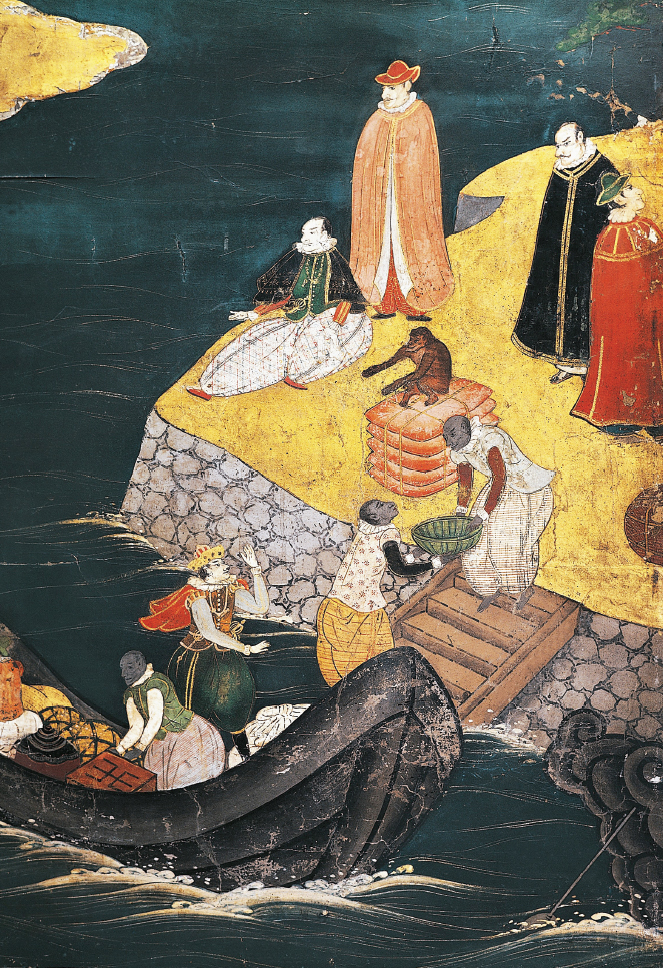Introduction for Chapter 14
14. European Exploration and Conquest, 1450–1650
>What were the motives behind European overseas expansion, and what were the consequences for Europe, the Americas, and Africa? Chapter 14 examines European overseas expansion in the early modern era. Before 1450, Europeans were relatively marginal players in a centuries-
LearningCurve
After reading the chapter, use LearningCurve to retain what you’ve read.

>What was the Afroeurasian trading world before Columbus?
>How and why did Europeans undertake ambitious voyages of expansion?
>What was the impact of European conquest on the New World?
>How did Europe and the world change after Columbus?
>How did expansion change European attitudes and beliefs?
| 1271– |
1519– |
| – Marco Polo travels to China | – Magellan’s expedition circumnavigates the world |
| 1443 | 1521 |
| – Portuguese establish first African trading post at Arguin | – Cortés conquers the Mexica Empire |
| 1492 | 1533 |
| – Columbus lands in the Americas | – Pizarro conquers the Inca Empire |
| 1511 | 1602 |
| – Portuguese capture Malacca from Muslims | – Dutch East India Company established |
| 1518 | |
| – Spanish king authorizes slave trade to New World colonies |